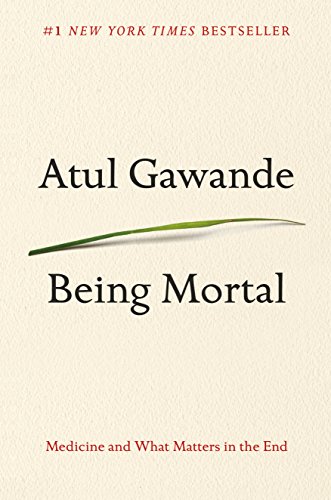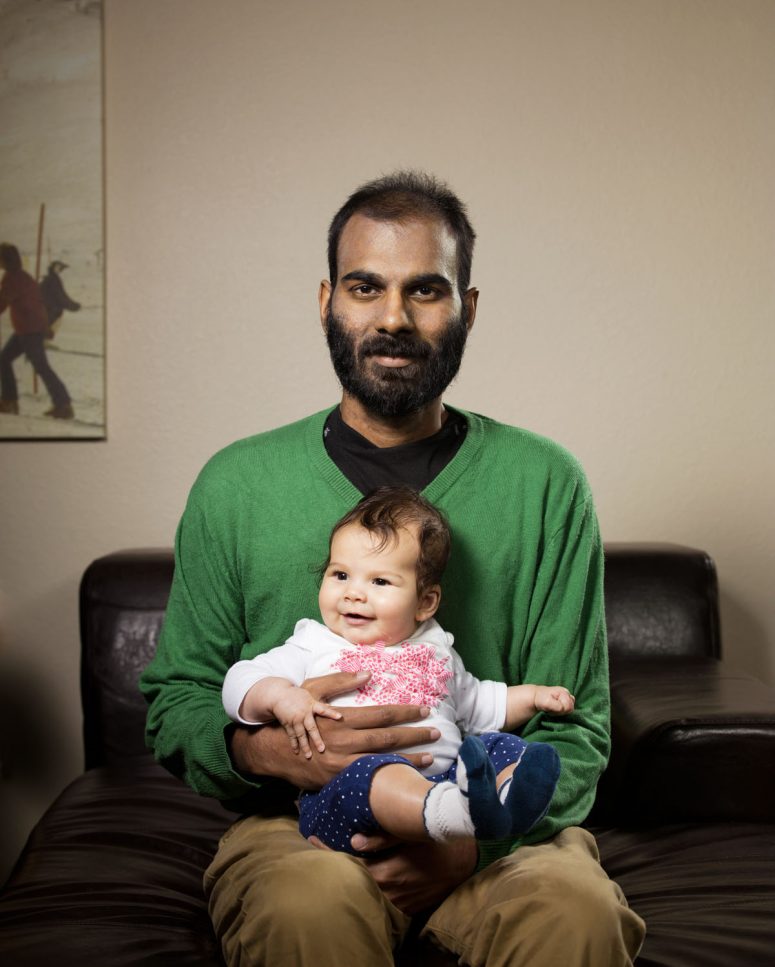Book review: When Breath Becomes Air by Paul Kalanithi is absolutely haunting
I recently finished When Breath Becomes Air by Paul Kalanithi. I was utterly moved by this powerful account of Kalanithi’s own life as a neurosurgeon, the most demanding physician in the world, and his own premature death in his mid thirties after contracting terminal cancer.
Not only was Kalanithi a paragon brain surgeon, though, he is an absolute poet on the meaning of life, the humanity of doctors, and making the most out of a terrible situation.
Rating: ★★★★★. These were my favorite passages:
- The human brain has rendered the organism’s most basic task, reproduction, a treacherous affair. That same brain made things like labor and delivery units, cardiotocometers, epidurals, and emergency C-sections both possible and necessary.
- Thirty minutes in the freezer resuscitated the ice cream sandwich. Pretty tasty, I thought, picking chocolate chips out of my teeth as the family said its last goodbyes. I wondered if, in my brief time as a physician, I had made more moral slides than strides.
- Yes, all cancer patients are unlucky, but there’s cancer, and then there’s CANCER, and you have to be really unlucky to have the latter… Part of the cruelty of cancer, though, is not only that it limits your time; it also limits your energy, vastly reducing the amount you can squeeze into a day.
- The physician’s duty is not to stave off death or return patients to their old lives, but to take into our arms a patient and family whose lives have disintegrated and work until they can stand back up and face, and make sense of, their own existence.
- If you believe that science provides no basis for God, then you are almost obligated to conclude that science provides no basis for meaning and, therefore, life itself doesn’t have any. In other words, existential claims have no weight; all knowledge is scientific knowledge.
- They wrapped her in blankets and handed her to me. Feeling her weight in one arm, and gripping Lucy’s hand with the other, the possibilities of life emanated before us. The cancer cells in my body would still be dying, or they’d start growing again. Looking out over the expanse ahead I saw not an empty wasteland but something simpler: a blank page on which I would go on.
- The attending physician stepped in with strengthening words: “Paul, after you die, your family will fall apart, but they’ll pull it back together because of the example of bravery you set.”
- When Paul emailed his best friend in May 2013 to inform him that he had terminal cancer, he wrote, “The good news is I’ve already outlived two Brontës, Keats, and Stephen Crane. The bad news is that I haven’t written anything.”
- The earth is quickly turned over by worms, the processes of nature marching on, reminding me of what Paul saw and what I now carry deep in my bones, too: the inextricability of life and death, and the ability to cope, to find meaning despite this, because of this. What happened to Paul was tragic, but he was not a tragedy.
 Altering finishing Kalanithi’s book, I stayed on topic with Atul Gawande’s Being Mortal: Medicine and What Matters in the End. Although I adore Gawande’s message on letting people die in peace (and preferably at home instead of hospitals), I found fault in his wooden writing. I did enjoy the following insights, however:
Altering finishing Kalanithi’s book, I stayed on topic with Atul Gawande’s Being Mortal: Medicine and What Matters in the End. Although I adore Gawande’s message on letting people die in peace (and preferably at home instead of hospitals), I found fault in his wooden writing. I did enjoy the following insights, however:
- Death, of course, is not a failure. Death is normal. Death may be the enemy, but it is also the natural order of things.
- Across not just the United States but also the entire industrialized world, the experience of advanced aging and death has shifted to hospitals and nursing homes.
- People with serious illness have priorities besides simply prolonging their lives. Surveys find that their top concerns include avoiding suffering, strengthening relationships with family and friends, being mentally aware, not being a burden on others, and achieving a sense that their life is complete.
- The researchers found no difference in survival time between those who went into hospice and those who didn’t.
- One has to decide whether one’s fears or one’s hopes are what should matter most.
Rating: ★★★☆☆

